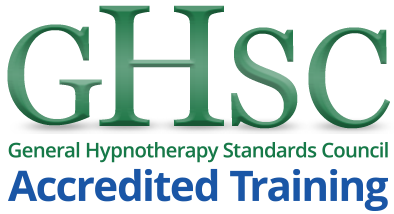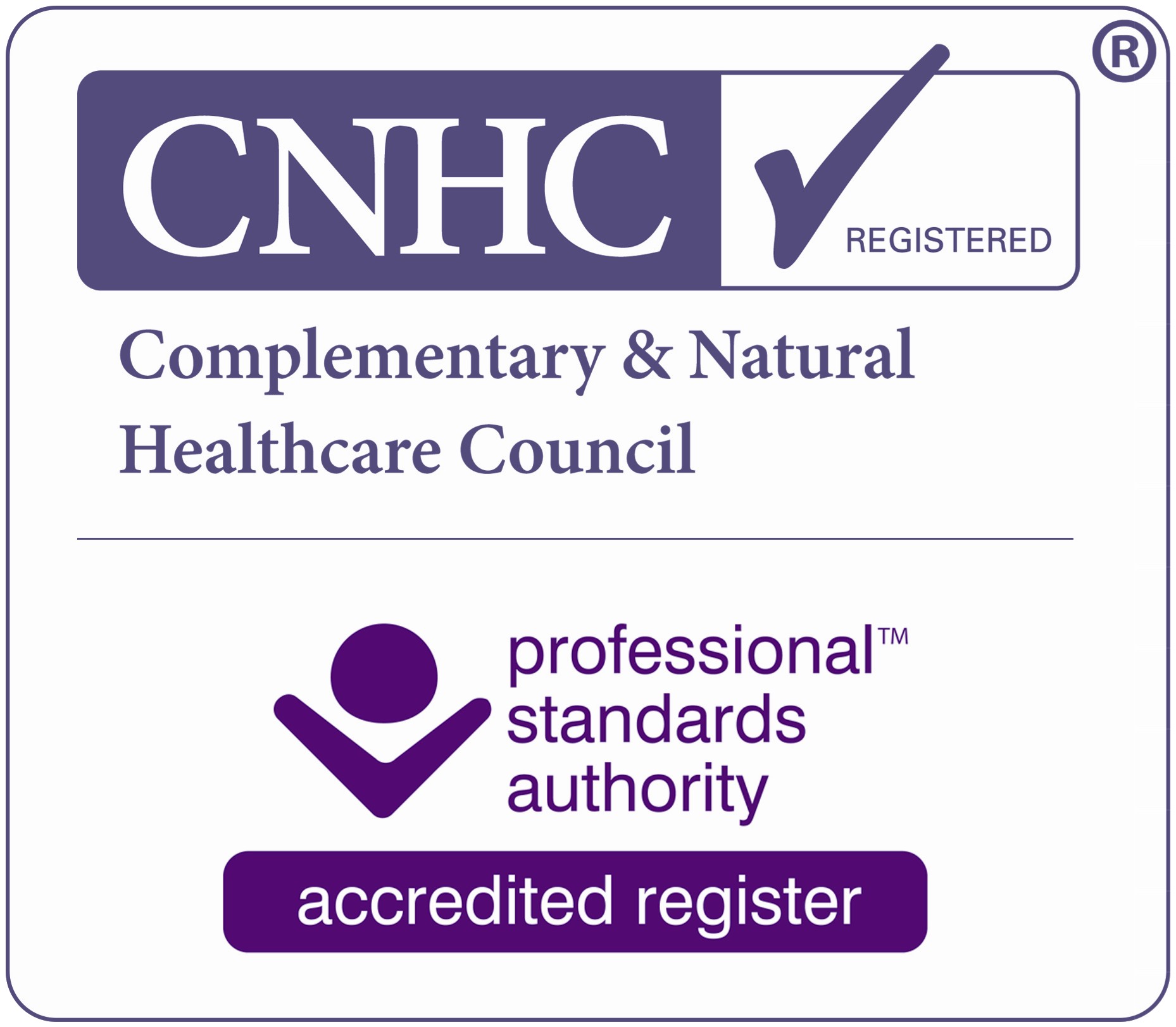Practitioner Diploma in Patient-Centric Hypnotherapy
Prospectus

Tuition
The course consists of 19 x eight hour days (152 classroom hours) and a minimum of 300 personal study hours. The classroom hours comprise 10 alternate weekends (with allowances for Easter and other Bank Holidays) out of the first 26 weeks of the year and similarly for the second half of the year.
Between course weekends, students will be able to attend group supervision sessions, which the course director has been delivering since 2003, alongside practising hypnotherapists.
Staff
The course director is me, Barry Thain PDCHyp MBSCH. I am a full member of the British Society of Clinical Hypnosis and have been in practice for 18 years, including eight years working with the Occupational Health Department of Kingston Hospital. My supervision and CPD products are sanctioned by a wide range of regulatory bodies including the General Hypnotherapy Register and the National Guild of Hypnotists. I devised, and will deliver the course personally.
Course Content
Please see the outline course content below.
I have tried to make this course a thorough education in what you need to know, and be able to do, if you want to practise ethically, effectively, and profitably as a hypnotherapist.
The reason I'm doing this now is that over the last 18 years I've had a series of understandings - working models - of what hypnosis is that have been pretty good, but wrong. I've known they were wrong because I could always think of some element of my experience that could not be explained by whichever version of my working model prevailed at the time.
In the past I was always afraid that I might teach what I believed to be true only to change my mind about it the next day when I found something that answered or explained all the anomalies.
I now have a model which answers or explains everything I have ever experienced with hypnosis. It's robust. I've spent time trying to pull it apart and I cannot. Of course, it may not be entirely accurate still but it does provide a remarkably - uniquely, I think - secure basis from which to practice hypnotherapy.
It informs the treatment of all sorts of hypnotees from the really rubbish right up to the outstandingly brilliant hypnotees we see from time to time. Understanding the kind of hypnotee you are working with is a pretty significant part of doing good therapy.
It's full of things it has taken me nearly two decades to figure out, and I expect you (and others) could probably figure them out for yourselves in due course, probably quicker than I did. I'm just going to teach it over 10 weekends.
The course, then, is really about being able to provide the right kind of hypnotherapy for each patient. This may sound glib, but if I was starting out again this is the course I'd want to take.
 GHSC Accredited Training
GHSC Accredited Training
Fees
The course fee of £2,500 is payable in three instalments;
- £1,000 non-refundable deposit on acceptance of registration
- £1,000 instalment before Weekend 1
- £500 instalment before Weekend 5
There is a 10% (£250) discount available in the event that the full fee is paid in advance. Fees are to be paid by internet transfer. (Cheques are fine if you don't do internet banking. Payment details will be provided on acceptance of registration.)
Venue Location
These courses are held at the Richmond University in Richmond, London. Each day starts at 09:00 and ends at 18:00. There is a one hour lunch break and 15 minute refreshment breaks morning and afternoon.
The venue address is Queen's Road, Richmond-upon-Thames, TW10 6JP.
(Mindsci Clinic uses the facilities of Richmond the American International University in London. The University is not involved with the operation or accreditation of Mindsci or its programmes.)
Contact Details
E-mail bt@mindsci-clinic.com
Telephone 020 8948 2439
Reading/Listening
- Books
- Vincent, RA; Elements of Hypnosis
- Bramwell, JM; Hypnotism and Treatment by Suggestion
- Ratey, JJ; A User’s Guide to the Brain
- Research
- Montgomery et al (Adjunct to Surgery)
- Chockalingen and Schmidt (Smoking)
- Horton (Rostrum)
- Gallese (Mirror neurons)
- Other
- Harvard and Stanford Scales
- Legislation
- Data Protection 1998
- Sexual Offences 2003
- Mental Health 1983
- Access to Health Records 1990
- Audio
- Elman Tapes(30 Hours)
Learning Outcomes
The whole ethos of Patient-Centric Hypnotherapy can be summarised in the mantra, “Treat the person, not the problem.” To that end this course will, for example, deal with the taking of case histories in great detail. Case Management (Item 4 in the Course Content below) is all about exploring and establishing the patient’s needs (4a), agreeing a treatment plan (4b and 4c), delivering that treatment plan (4d), and ensuring that both the therapist and the therapee are appropriately motivated and rewarded to achieve the agreed outcomes.
To a greater or lesser extent, every other item in the course content is designed and delivered to ensure that good therapists are adequately trained and equipped to provide a fully professional complementary healthcare service, safely, to appropriate patients.
Code of Ethics
As per the General Hypnotherapy Standards Council.
Complaints
In the event that I could not resolve any complaints satisfactorily, individuals are free to access such GHR/GHSC mechanisms or legal remedies as may be available to them.
Assessment
Modular, including nine, marked 20 hour assignments and examination during the ninth weekend.
Outline Course Content
1) Basics
a) Complementary Healthcare Scene
b) Nomenclature
c) Legacies
i) Dave Elman
ii) Milton Erickson
d) Model of Mind/Brain Complex
i) Atmosphere/Crowd
ii) Steamship
e) Brain Surgery Without Knives
2) Therapeutic Relationship
a) Rapport
i) Authenticity
ii) Fear
iii) Catering
b) Multi-Agency Co-operation
3) Boundaries
a) Patients
b) Family
c) Friends
d) Neighbours
4) Case Management
a) Case Histories
b) Objectives
c) Strategy
d) Tactics
e) Motivation and Reward
5) Methods of Work
a) Receiving Enquiries
b) Appointment Confirmation
c) Timetable
d) Fees
i) Individual
ii) Corporate
iii) Pro bono
iv) Activity Based Costing
v) Cancellation
e) Attendance
i) Frequency
ii) Chaperones
iii) House Calls
f) Session1 Structure
i) Beginners
ii) Advanced
g) Insurance
h) Getting Paid
i) Confidentiality
i) Patient codes
j) GP Notification
k) Session records
6) Patient Records Database
7) Neurobiology
a) Gross Architecture
b) Rostrum
c) Post Synaptic Currents
d) Binding
e) Anxiety Pathways
f) Mirror Neurons
8) Symptom-centric therapy
a) Psychological
i) Ego
ii) Mood Disorders
(1) Reactive
(2) Endogenous
(3) Post-Partum
iii) Anxiety Disorders
(1) Phobias
(2) OCD
(3) PANDAS
iv) Eating Disorders
(1) Bulimia
(2) Anorexia
b) Physiological
i) Dermatology
ii) IBS
iii) Blood Pressure
iv) Pain
v) Sexual Dysfunction
vi) Hormonal Dysfunction
c) Behavioural
i) Habictions
(1) Nicotine
(2) Cocaine
(3) Food
(4) Alcohol
(5) Porn
9) Device-centric Therapy
a) Trench Therapy
b) Affect Bridge
c) Parts Therapy
d) Guided Visualization
10) Patient-centric Therapy
a) Non-hypnotic Therapies
i) CBT
ii) REBT
iii) Skinnerian Behaviourism
(1) SUDs/Systematic Desensitization
iv) Psychodynamics
b) Relaxotherapy
i) Group Hypnotherapy
(1) Appreciate Yourself
c) Hypnotherapy
i) Inductions
(1) Rapid Hypnotees
(a) Wrist Lift
(b) Fingers
(c) Elman
(2) Progressive Hypnotees
(a) ACPR
(3) Non-Inductions
ii) Deepening
(1) Garage
(2) Basement
(3) Ideomotor Deepening
iii) Subconscious Communications
(1) Ideomotor Responses
(2) Ideomotor Talk
(3) Automatic Writing
iv) Interventions
(1) Regressions
(a) Bracketed
(b) Initial Sensitising Event-Focused
(2) 1066
(3) Suggestion
(a) Direct
(b) Indirect
(c) Assumed
(4) Forgiveness
(5) Poison Arrow
(6) System Restore
(7) Not Wanting
v) Eductions
(1) Day
(2) Night
d) Clinical Hypnotism
i) Hypnotizability
(1) Stanford and Harvard Scales
(2) Assessing Hypnotees
ii) Inductions
iii) Interventions
iv) Examples
e) Contraindications
11) Remote Therapy
a) ‘Skypnosis’
i) Techniques
ii) Technology
iii) Limitations
b) Smart Speakers
i) Unidirectional Considerations
12) Children
a) Imagination
b) Hypnosis
c) Case Histories
13) Recreational Hypnotism
- a) Past Life Tourism
- b) Sports Hypnology
14) Marketing
a) Web sites
i) Domain Names
ii) Website Hosting
iii) Design
iv) Search Engine Optimization
v) Online Shop
b) NHS
c) Press
15) Multi-media
a) Audio MP3s
i) Scripting
ii) Recording
iii) Selling
b) Video MP4s
i) Consents
ii) Recording
iii) Publishing (YouTube &c)
iv) Selling DVDs
16) Supervision
a) Tutorial
b) Group
17) Continuing Professional Development
18) Law Relating to Therapy
a) Data protection
b) Sexual Offences
i) Mental Health
c) Advertising Standards
d) Regulation
i) Code of Conduct
ii) Regulatory Bodies
 GHSC Accredited Training
GHSC Accredited Training
